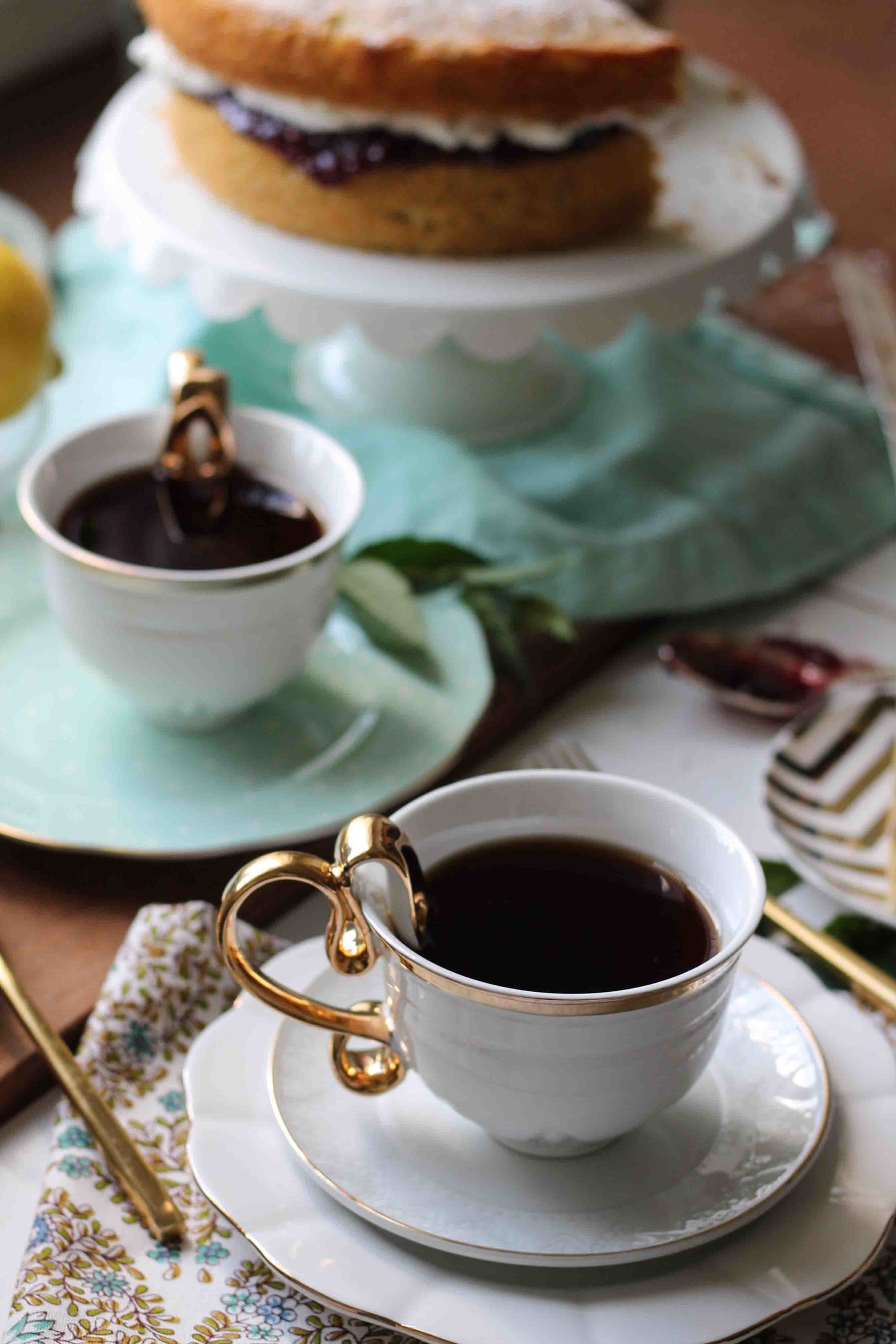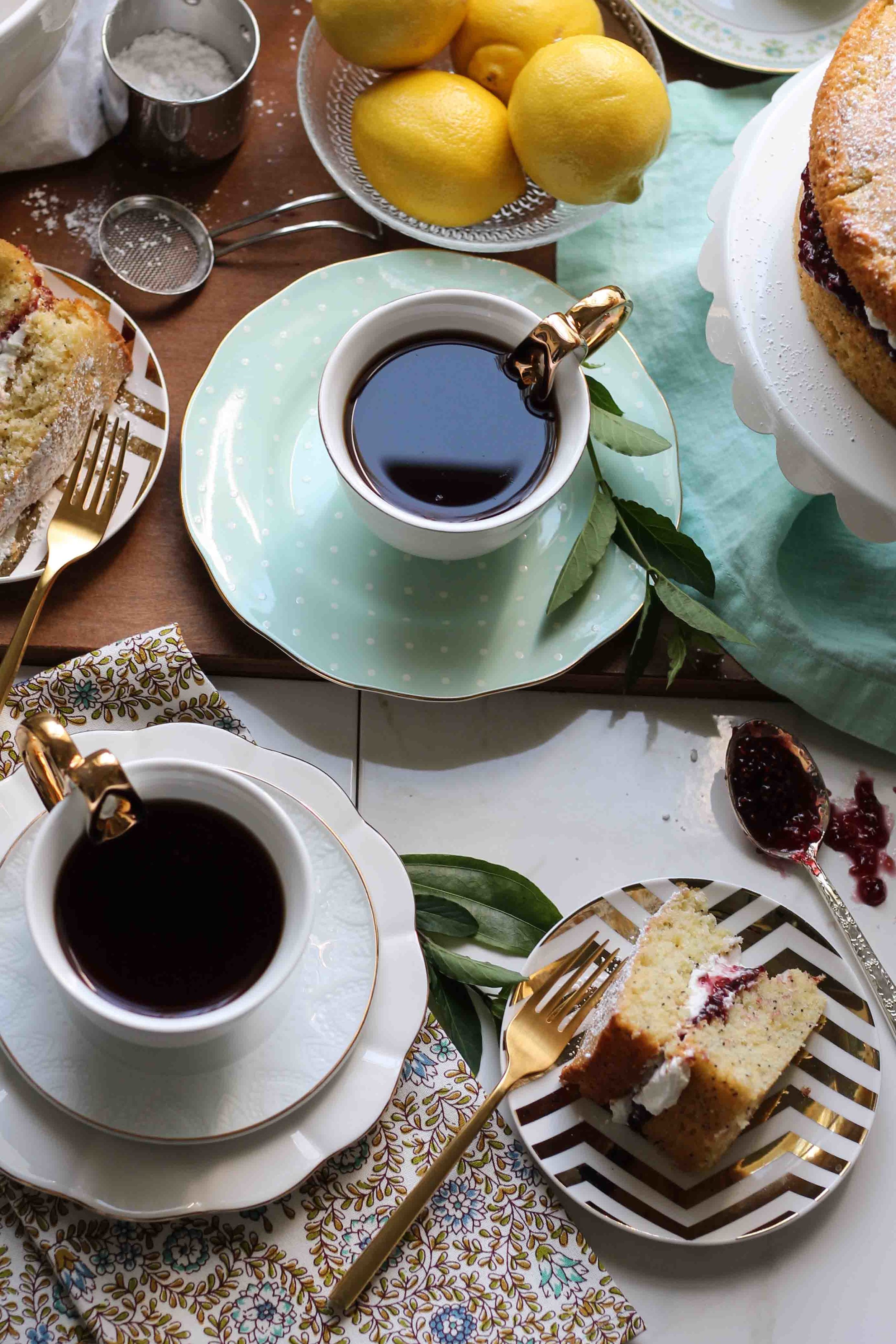Newness is taking on a classic form this week.
The past few mornings have been positively enchanting. The temperatures are ringing in at an airy 54-60 degrees and the chirping of giddy feathered friends beckons me to embrace earlier mornings. I have always loved waking early and grabbing hold of the day with both hands, but I flirted with a nasty habit during the winter months and found myself returning to bed after making breakfast and sending Mr. Pedantic on his way each morning. Those extra minutes of sleep made it all the harder to actually get myself up when my alarm finally went off.
Now that Spring has shown her face, I can embrace the pre-6am hours a bit more willingly because that's what Spring does, she inspires. She's a freaking trick-you-into-thinking-you-like-wearing-shorts-and-organizing-your-house goddess and I love her for it.
She also inspires ambition in the kitchen. Creativity never alludes me more than in the winter months. It is not that I do not appreciate the winter, I relish it, but I find myself aching for my old favorites and seldom craving newness. Spring changes all of that.
I was introduced to this classic cake quite recently through my much-adored Great British Bake-Off. After seeing this cake in all its English glory, I jotted it down on my imaginary "to-bake" list.
This venture was a greater learning opportunity than I had anticipated. I soon discovered that this simple cake is as rich in history as flavor.
It was titled after one of its greatest patrons and my newest obsession - Queen Victoria, and its fame was far from modest. The pound cake-like layers were rich and buttery, unlike the traditional genoise sponge cakes that England had been baking for so many years. This richer flavor was made possible by the addition of the culinary world's new power tool - baking powder. Up until the addition of baking powder in the mid-1800s, cake batters depended on beaten egg whites for their leavening, which led to a much lighter, spongy texture. This slightly dense, fat-laden cake was a welcome alternative.
As with nearly all long-loved recipes, there are many schools of thought on how to achieve the "perfect" sandwich cake. Buttercream, whipped cream, or no cream at all? Is raspberry jam canon or are we allowed other options? Do we melt or cream the butter?
After a fair amount of research, I, like many others, have arrived at the conclusion that as long as it is a "sandwich" that tastes good the other variables can be left to the baker's discretion.
These cake layers are very much your standard American yellow cake, with my chosen addition of poppy seeds. I first tested this cake with the recommended self-rising flour, but opted for cake flour in the end because I prefer the closer texture.
Two layers, baked and cooled.
Now we begin our sand-witchery.
Airy lemon whipped cream and sticky, seedy, raspberry jam comprise our fillings. A generous dusting of confectioner's sugar is added for good measure.
Do you hear the kettle singing?
This cake is not exactly awe-inspiring or show-stopping. It is not Nutella-filled, or caramel-stuffed, but, it is truly good. A simple, refreshing, mid-afternoon or, dare I suggest, breakfast cake.
Sometimes I do not want over-the-top, sometimes I just want something yummy that feels guiltlessly indulgent to snack on in between sips of tea.
Look at those layers? Are you beginning to understand the charm of this sweet sandwich?
What will you explore this spring?
Sincerely,
Pedantic Foodie
Victoria Sandwich Cake
yields eight servings
for the cake
- 3 cups cake flour
- 1 tablespoon baking powder
- 1/4 teaspoon kosher salt
- 1 cup unsalted butter, softened
- 2 cups granulated sugar
- 4 eggs
- 1 cup whole milk
- 1 tablespoon poppy seeds
- 1 tablespoon vanilla extract
Preheat oven to 350 degrees.
Sift to combine cake flour, baking powder, and kosher salt.
Using your stand mixer fitted with the paddle attachment, beat butter on medium speed for one minute. Add sugar and beat until fluffy; about 2 minutes.
With the mixer on low speed, beat in eggs, one at a time; scrape down the sides of the bowl as necessary.
Slowly mix in half of the flour mixture, followed by half of the milk. Add the remaining flour and milk, mixing thoroughly, until the batter is smooth. Mix in poppy seeds and vanilla.
Divide the batter evenly between two 8-inch cake pans that have been well greased and dusted with flour. Tap the pans on your countertop to remove any air bubbles.
Bake on the center rack for 45 minutes; until the cakes spring back slightly when tapped gently.
Allow the layers to cool completely before assembly. After the cakes have cooled, examine the layers as you may wish to level out the top of the bottom layer if it is domed. If so, gently run a serrated knife along the top of the bottom layer to create a flat surface. Dust off any crumbs.
for the cream & assembly
- 1 cup heavy cream
- 2/3 cup confectioner’s sugar + extra for serving
- zest of one lemon
- 2/3 cup raspberry jam
In the bowl of your stand mixer, combine heavy cream, confectioner’s sugar, and lemon zest. Beat on high speed until thick and stiff; about three minutes.
Spread the jam over the bottom layer of cake and cover with whipped cream. Top with the second cake layer and dust the cake with confectioner’s sugar. Allow the cake to rest in the refrigerator for 30-60 minutes. This will give the flavors a chance to meld.
Serve alongside steaming cups of your favorite blend. I am partial to this one myself. Enjoy!!














